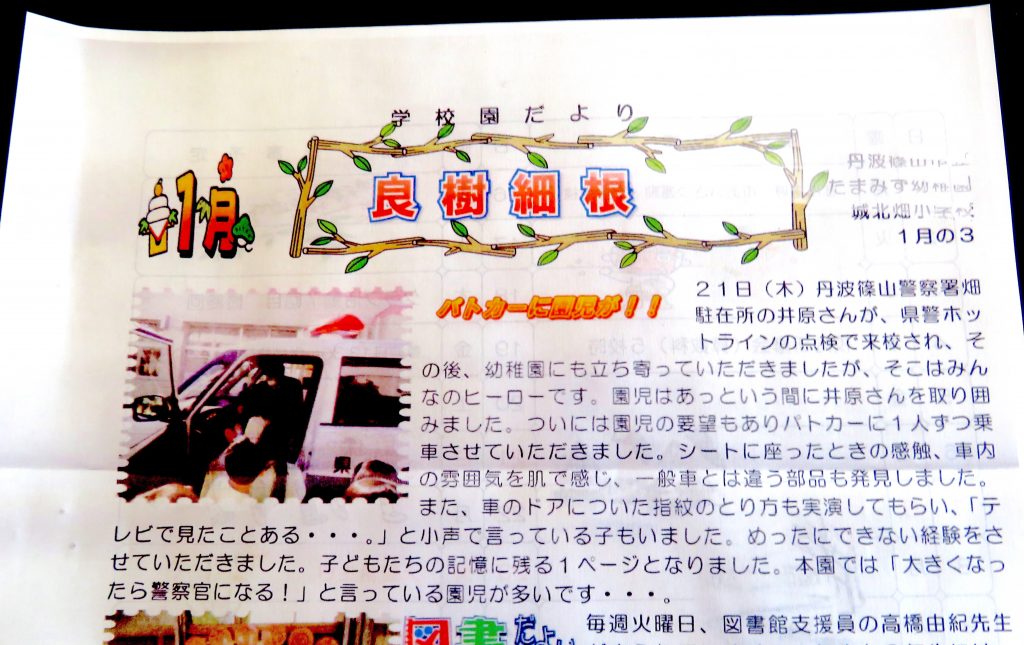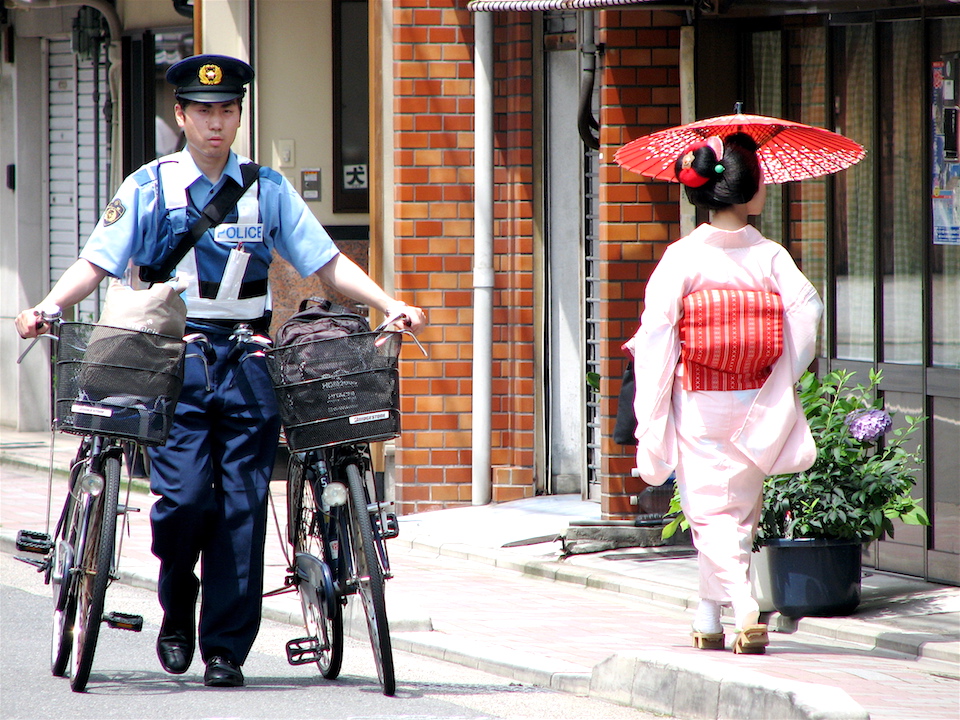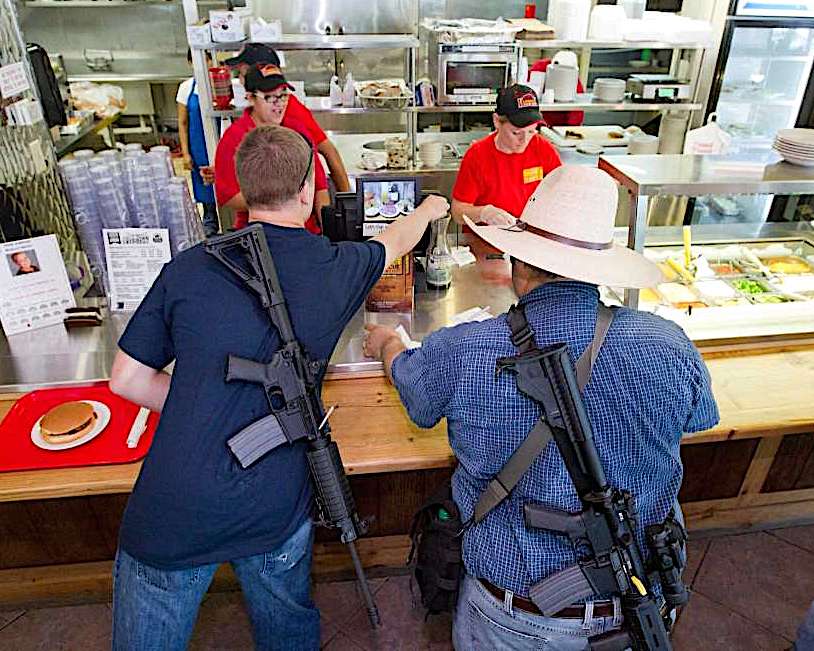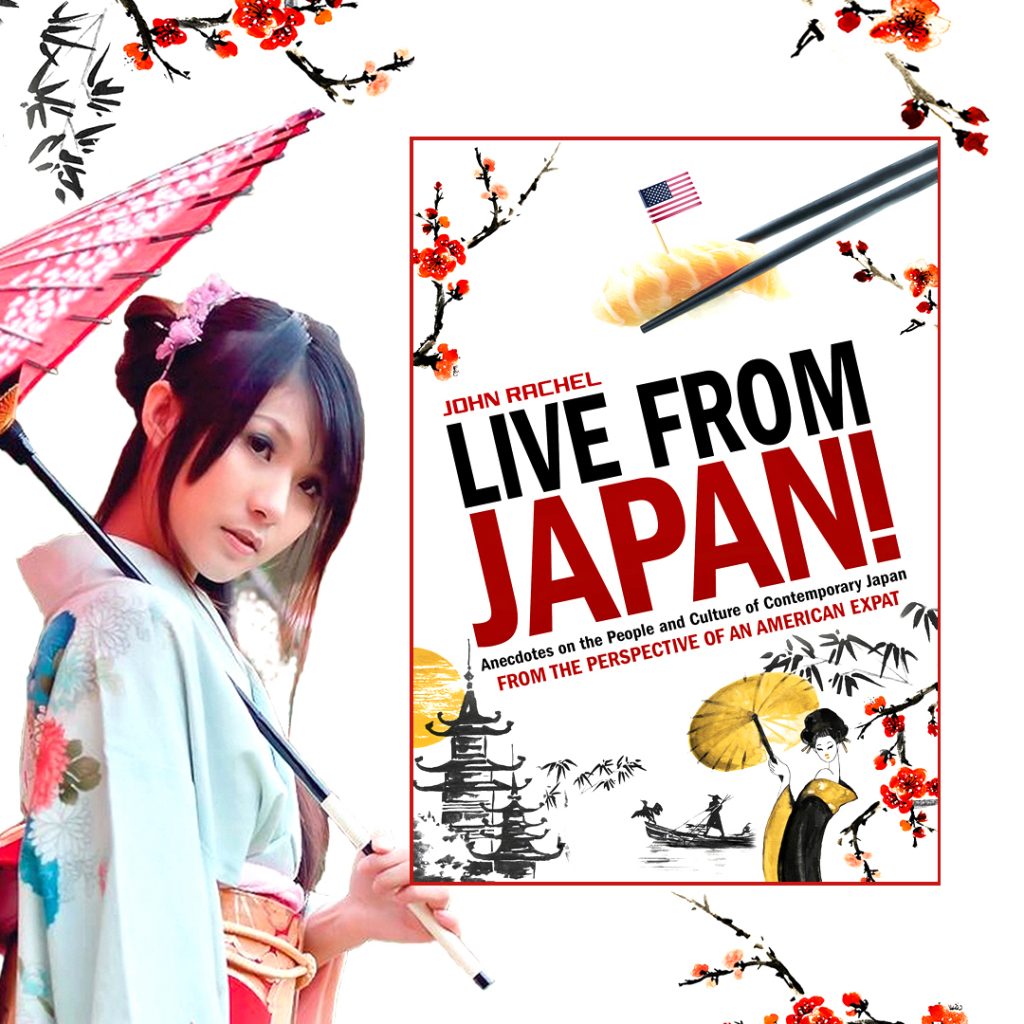
The police in America are in the news a lot these days. More on that later.
No one likes being stopped by the police for running a stop sign or failing to wear a seat belt. That’s true everywhere. Such interactions with enforcement officers mean a ticket and a fine. At the same time, if you were in violation of the law, regardless of how minor the infraction, they’re just doing their job, there’s no reason to resent, hate, or fear them.

The other side of the coin is that on rare occasions, calling the police yourself is the best option in handling a situation. It’s certainly quite helpful to be able to request professional assistance. A stranger is wandering around in your back yard. A stray dog is foaming at the mouth, leaping in the air, apparently infected with rabies. A person has just crashed their car into a tree and is slumped over unconscious behind the wheel. You do what you have to do and a trained, concerned, professional police officer is an obvious place to start when dealing with many emergencies.
In over twelve years, I’ve only had three interactions with the police here in Japan. All were fine, not in the least unpleasant.
One time early in the evening, I was driving down the main street here in town, came to a stop at a T-intersection, and two officers stepped up to my car. They didn’t even ask me for identification. They simply wanted to know if I’d been drinking. I replied, “I don’t drink.” They thanked me and I went on my way.
Another occasion I wrote about in the article Life In Japan: Koban. That was a very intense situation with the police helping a disoriented lady I found laying on the side of the road, who miraculously hadn’t been run over before I walked her to the police station. The officer was extremely polite and highly professional, asked questions and took a lot of notes for his report on the incident. He got the lady safely back to the retirement facility she had wandered away from.
One other time, I was riding my bike and an officer on a motorbike stopped me, looked at the registration tag on my bike to make sure it was current and my bike not on their stolen list. The whole thing took about 30 seconds and I went on my way. Yes, they patrol on motorbikes. And yes, they are meticulous about stopping bicycle theft.
Which brings me to the actual theme of this particular article, the vast difference between policing here and what appears to be going on back in the U.S.

I’m not here to rag on the police in America. They do what they do in a completely different environment, one where crime is more of an acceptable — sometimes the only — lifestyle choice, violence is a admired national pastime, and guns are as available to and common among the general public as chewing gum. The main point here is how dramatically different life in Japan is from life in the U.S.
Whereas the police in America are frequently viewed as adversaries, not to be trusted, to be avoided, sought as a last resort in many communities — especially communities of color — here in Japan, they are still viewed as trusted public servants. Being a police officer is a highly-regarded, admired profession. As I was brought up to believe way back in the 20th Century, a police officer is a member of the community and your friend.
The article posted at the top is about a visit by police officers to a local school to show the students a typical police van. The kids were extremely excited and fascinated by the way it was outfitted. And the officers ended up giving the students a ride in the vehicle. That’s the way the police like to be seen and regarded here, by citizens of all ages.
My wife’s daughter, Izumi, teaches kindergarten here locally. The police occasionally are invited by her school to meet with the kids, who regard their visits as a special occasion. Last time they came by, they worked in the school’s garden with the children, harvesting sweet potatoes. Students and police then took the fresh potatoes inside, baked them and had lunch together.
Perhaps nothing sums up how unique the police are here than this story. Here we meet Yemon, a cat which has been recruited to work in Yoro Station in Miyazu, Kyoto.
I have a feeling that being a “cat burglar” is not a very good idea in this police precinct with Yemon on the job.
[ Police Power I and Police Power II are part of my collection of 62 anecdotes about life in the REAL JAPAN for me as an expat. It’s getting fantastic reviews and I believe it will put a lot of smiles out into the world, as well as valuable insights into this fascinating country. Available across the globe for the asking . . .
As a Kindle ebook from Amazon (US)
As a deluxe paperback from Amazon (US)
As a Kindle ebook from Amazon (Canada)
As a Nook Book from Barnes & Noble
As an iBook from the Apple Store
As an ebook from Scribd
As an ebook from Kobo (US)
As an ebook from Kobo Indigo (Canada)
Your choice of ebook formats at Smashwords
As a deluxe paperback direct from the printer
